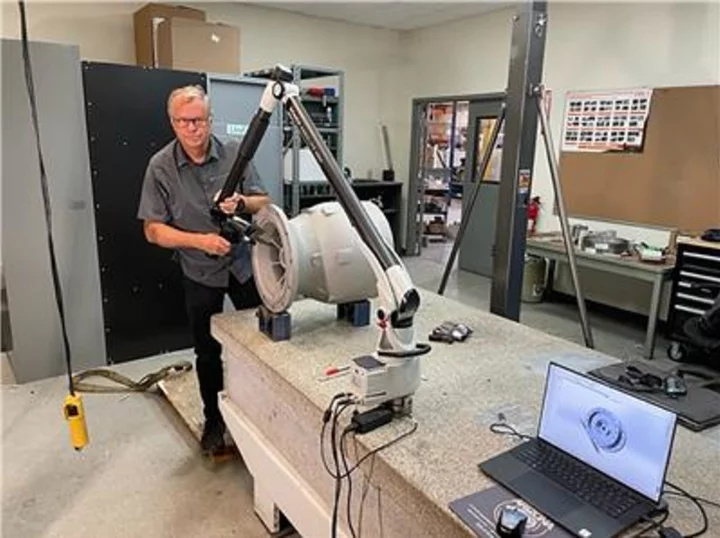
ReverseEngineering.com® Fusion 360 “RE App®” for FARO Quantum Max ScanArms and Hexagon (Romer) Absolute Arms RDS 6.0 is Now Released
LA JOLLA, Calif.--(BUSINESS WIRE)--May 16, 2023--
2023-05-17 12:21
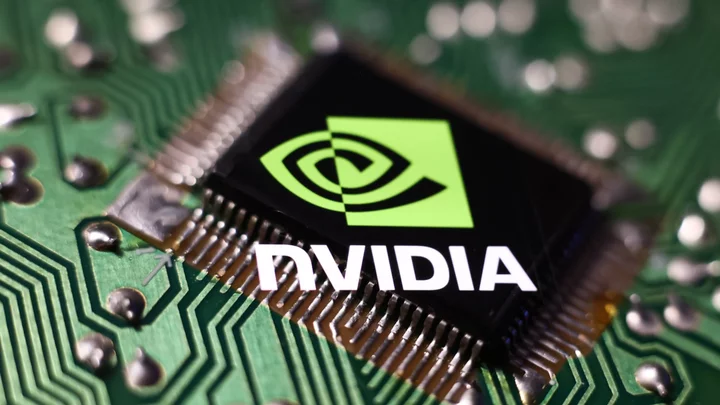
Weak Gaming GPU Sales Don't Matter for Nvidia as It Faces AI Gold Rush
Nvidia's GeForce RTX 4000 series is struggling to reignite demand for PC graphics cards, but
2023-05-25 23:49
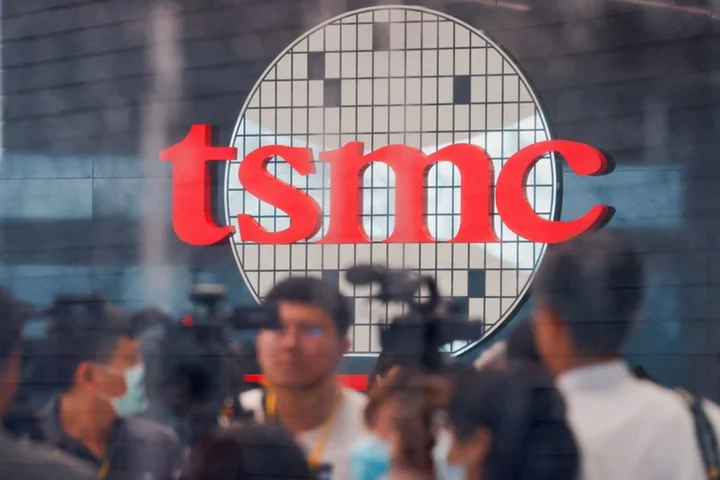
TSMC shares fall after reports of China iPhone curbs
TAIPEI Shares in Taiwan's TSMC, a major Apple supplier, dropped around 1% on opening on Friday after reports
2023-09-08 09:28
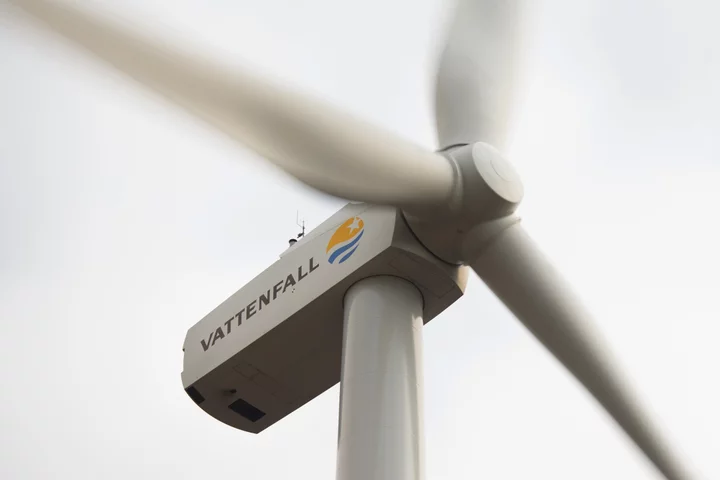
Key UK Offshore Wind Project Axed in Blow to Climate Plans
Vattenfall AB will stop the development of an offshore wind project in the UK after costs surged, posing
2023-07-20 18:21
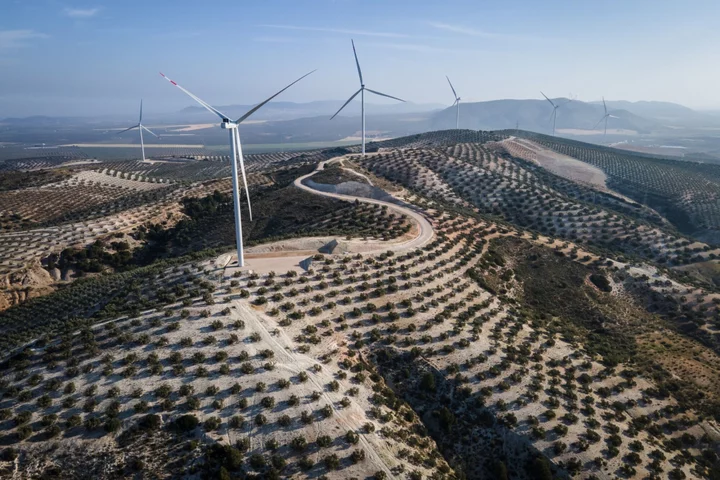
US and EU Lead Push for COP28 to Back Tripling of Renewables
The US and the European Union are leading a global push for the United Nations’ climate talks to
2023-11-11 02:20
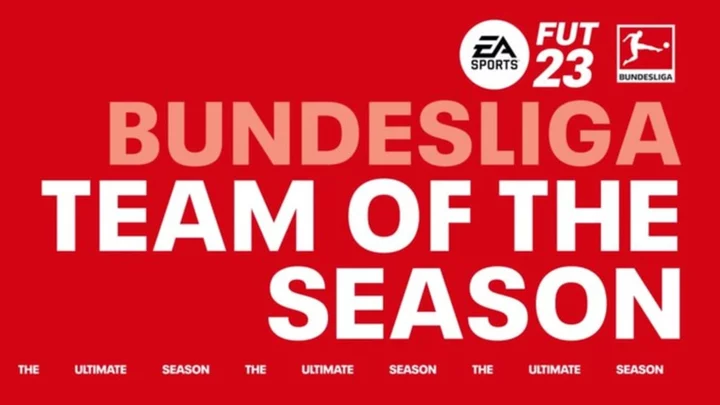
FIFA 23 81+ x11 Bundesliga Upgrade SBC: How to Complete
FIFA 23 81+ x11 Bundesliga Upgrade SBC is now live during Team of the Season. Here's how to complete the limited-repeatable SBC and when it will refresh.
2023-05-16 01:46
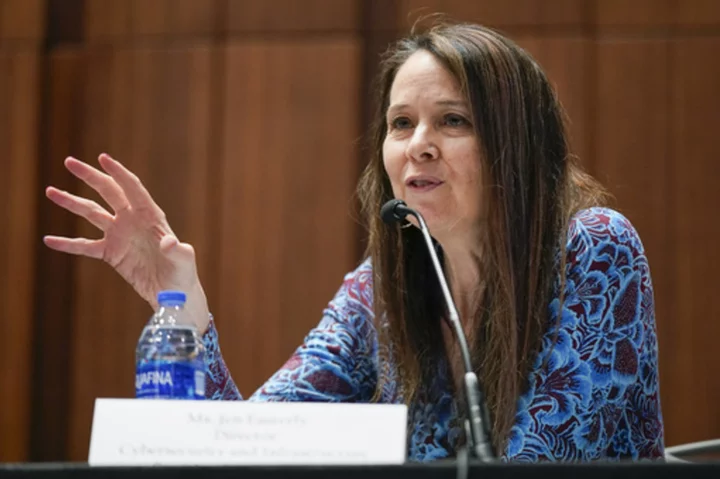
Head of US cybersecurity agency sees progress on election security, with more work needed for 2024
The head of the nation’s cybersecurity agency says efforts to protect the nation’s election systems have grown exponentially since the 2016 presidential election, but more is needed to defend the integrity and resiliency of the election process ahead of next year’s vote
2023-07-26 05:16
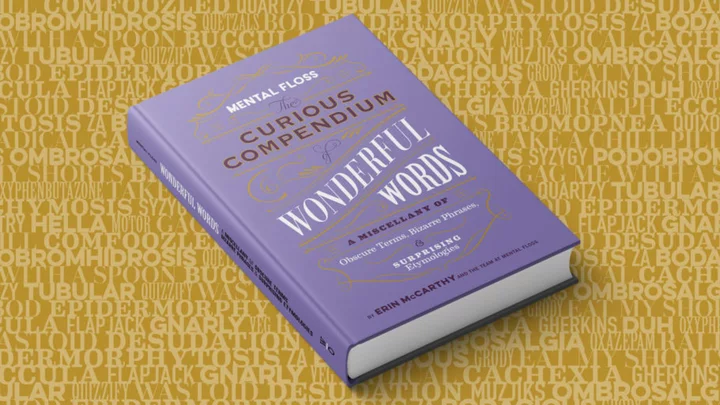
Mental Floss’s ‘The Curious Compendium of Wonderful Words’ Features Fun Slang, Strange Phrase Origins, and More
Sure, all books are filled with words—but not quite like this.
2023-05-09 01:16
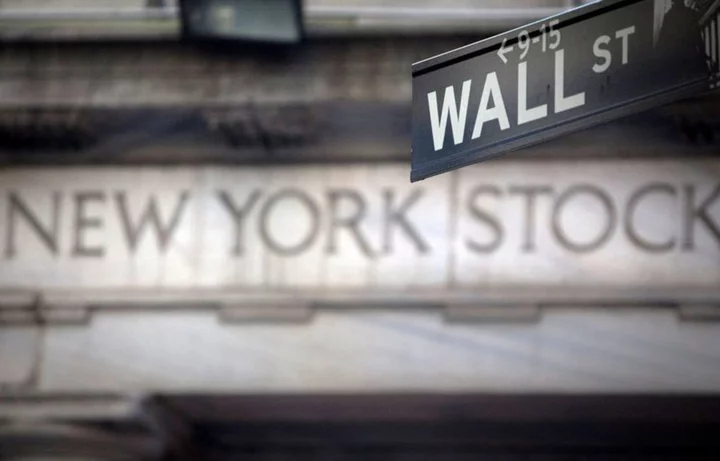
Factbox-U.S IPO market poised for strong finish in 2023 amid a flurry of listings
By Chibuike Oguh NEW YORK U.S. investors are awaiting a slew of initial public offerings (IPO) in coming
2023-09-07 18:28
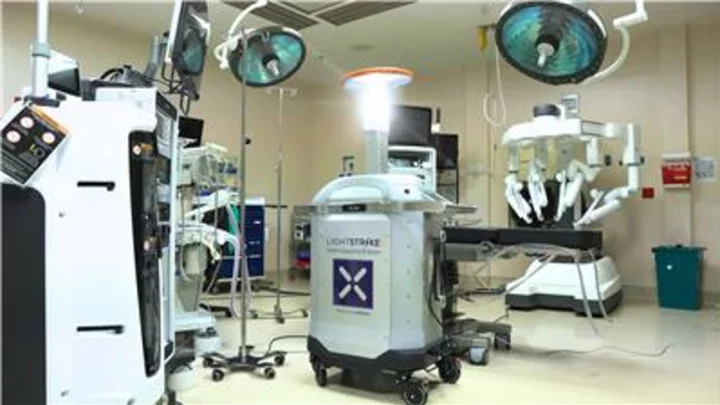
FDA Grants Xenex Authorization for LightStrike+ UV Robot via De Novo – First & Only Microbial Reduction Robot for Healthcare Facilities
SAN ANTONIO--(BUSINESS WIRE)--Sep 5, 2023--
2023-09-05 19:19

EA wants to create 'world’s biggest football community'
EA Sports has revealed its long-term ambition after launching 'EA Sports FC 24'.
2023-10-11 22:21
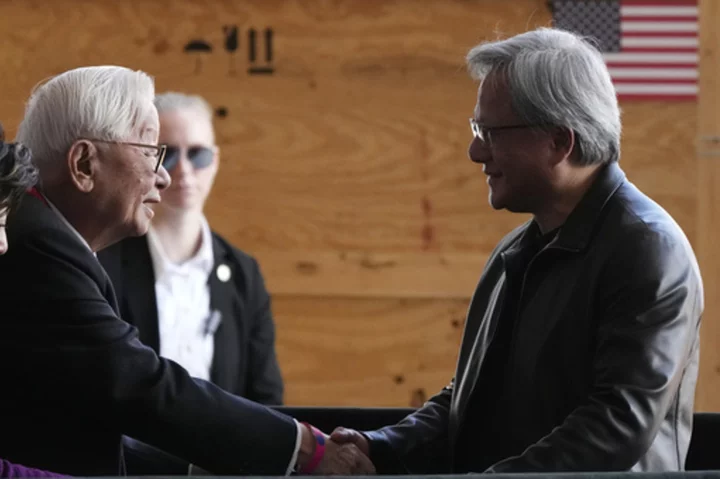
Nvidia stuns markets and signals how artificial intelligence could reshape technology sector
Shares of Nvidia, already one of the world’s most valuable companies, have soared after the chipmaker forecast a huge jump in revenue
2023-05-26 05:20
You Might Like...

Crypto exchange Binance hit by executive exodus
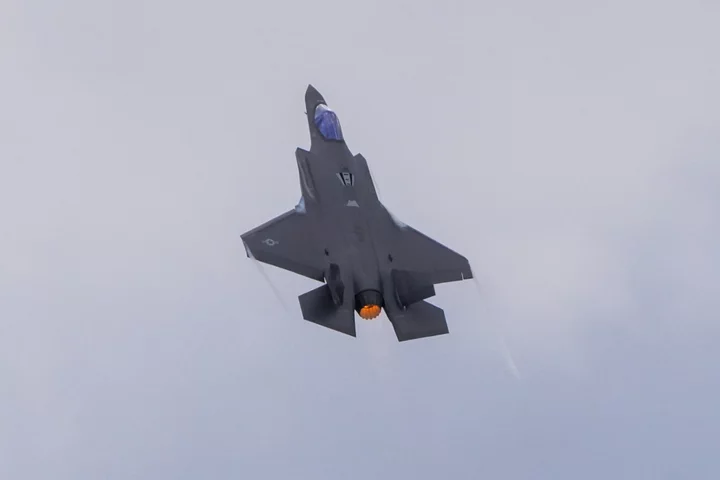
Pentagon Withholds Payments of $7 Million a Piece on Upgraded Lockheed F-35s
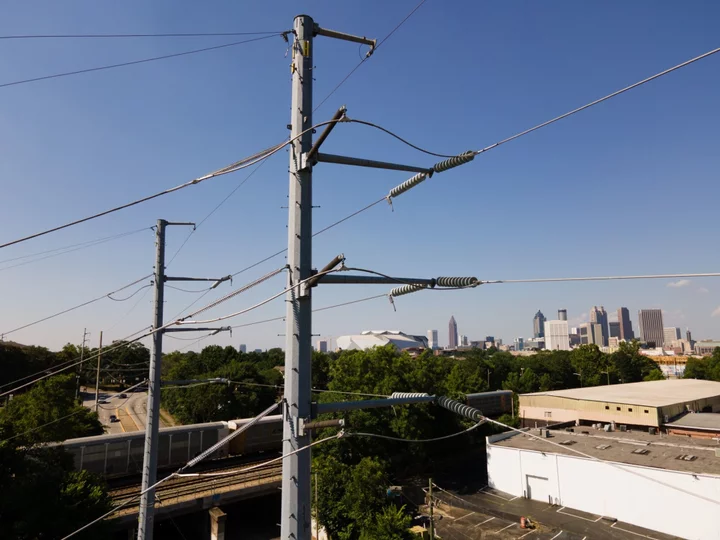
Risk of Summer Blackouts Stretches Into US Southeast for First Time
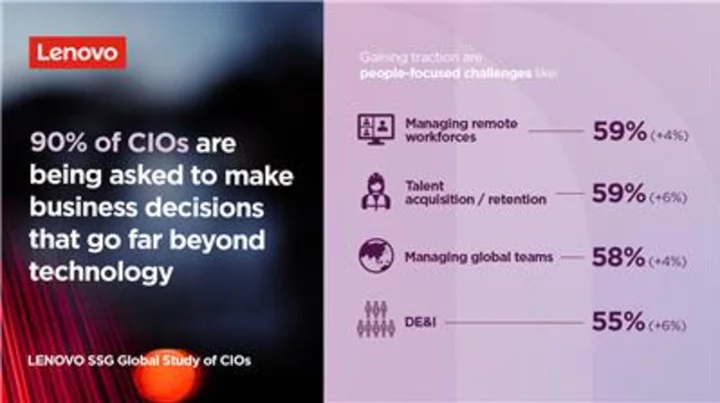
Answering Evolving Work Trends: Lenovo Launches Digital Workplace Solutions to Boost Employee Experience and Increase Productivity
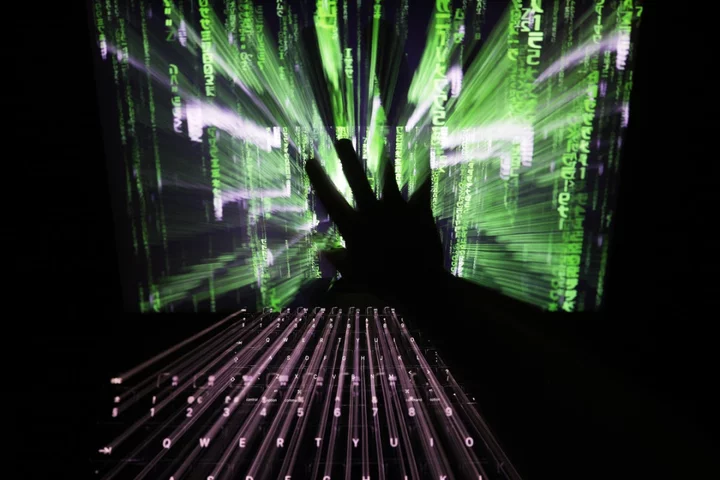
ICO seeks permission to appeal against Clearview AI tribunal ruling
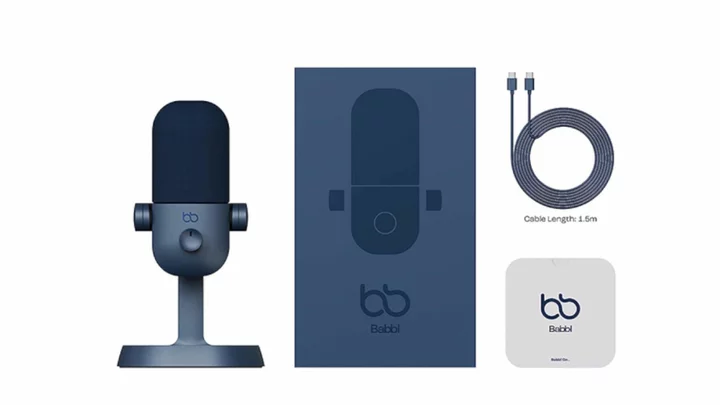
Save $35 off this USB Cardioid Microphone During our Labor Day Sale
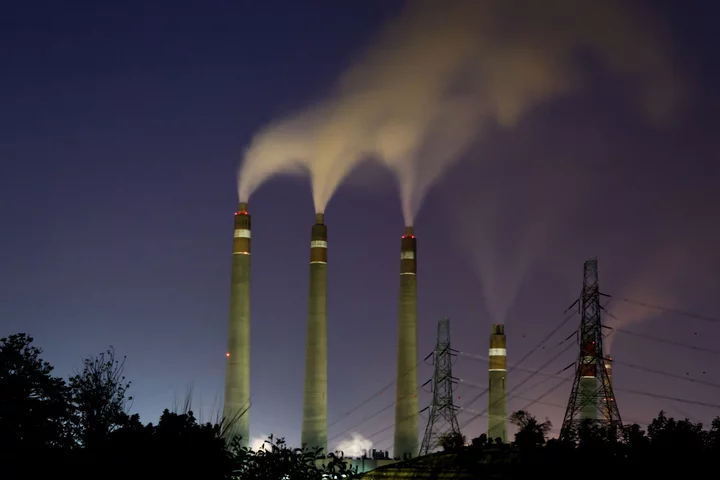
Indonesia’s Carbon Exchange Paves Way for Coal Plants to Trade

AEW: Fight Forever Full Roster Revealed
